Greater Swiss Mountain Dog
The Greater Swiss Mountain Dog is one of the four family members of the Sennenhund, dogs that have originated in the Swiss parts of the Alps. This rather large breed was created as an all-purpose farm dog that assists with general farm work. They are herding, pulling, and guarding dogs that are known for their unique color combination and their friendly nature.
The Greater Swiss Mountain dog is a large and powerful dog breed that enjoys being a part of all family activities, no matter what they might be. They do not require too much exercise but make sure that their daily physical needs are met. It is a smart thing to have such a large dog peaceful at home and without all that energy built up in them.
They are very affectionate and loving with their family, and they especially love children. They are, however, large dogs, so you will need to be careful when young children are playing with the Greater Swiss Mountain Dog as they could easily and unintentionally hurt a smaller child just by leaning against them.
Thankfully, most of the time, these dogs are extremely careful around kids, and they understand that small children are fragile.

Height:
23,5-28.5 in (60-72 cm)

Weight:
85-140 lb (39-64 kg)

Origin:
Switzerland

Life Expectancy:
8-11 years
Dog Breed Characteristics
Training
This breed excels in all sorts of dog sports and competitions, such as obedience, agility, herding, weight pulling, drafting, and hiking. They are often employed as therapy dogs and, because of their incredible sense of smell, as search and rescue dogs.
They are generally fairly trainable but can show signs of being stubborn, so you will need patience and perseverance when training the Greater Swiss Mountain Dog. They are confident and independent thinkers that are quite capable of assessing the situation themselves or their families.
These traits make them great watchdogs who will alert you if anything suspicious or out of the ordinary is happening. They are almost never aggressive and mostly rely on their impressive stature to frighten anyone who is trying anything fishy.
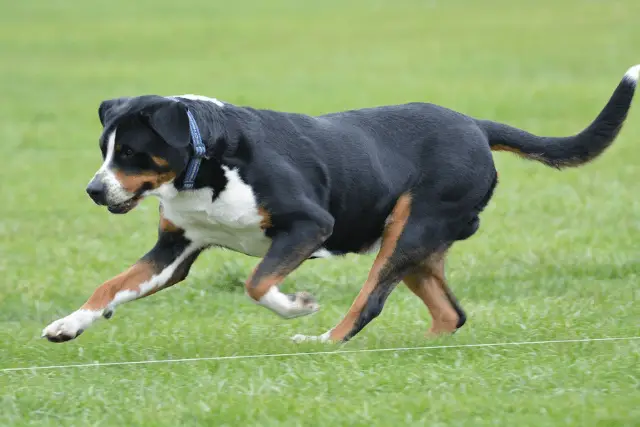
Coat care
Grooming these dogs doesn’t require too much effort. They shed moderately year-round, and twice a year, they “blow out” their whole undercoat, and during that time, you will need to brush them more often. That way, you will control shedding and keep the hairy mess to a minimum. Brush their teeth 2 or 3 times a week and trim their nails if the dog doesn’t wear them down naturally.
Socialization
If you are thinking about getting one of these dogs, it might be useful to think about getting them some company. They will get along with just about any breed and with dogs of both sexes. Their philosophy is “the more, the merrier.” If your dog has some company, it is less likely to get in trouble and misbehave while you are away. They are also less likely to be bored and less likely to develop separation anxiety.
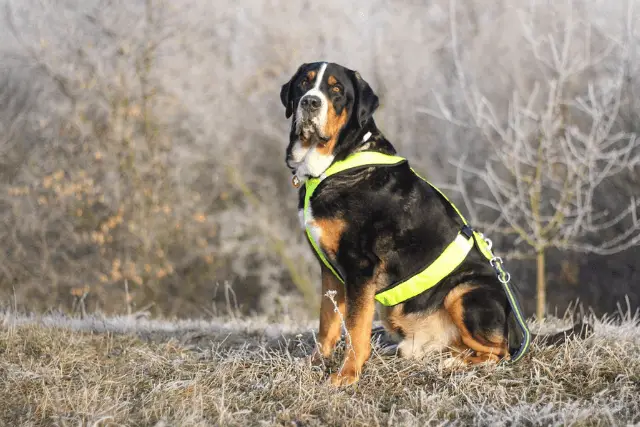
Kids
Greater Swiss Mountain Dogs are excellent family dogs that will get along with every family member, including children. Take note that kids need to be taught how to properly play and interact with a dog so Greater Swiss Mountain Dogs can enjoy their company. If they are raised together from an early age, they will be their playing parts, and they will enjoy spending time together.
Children should never be left alone with any dog, no matter what breed it might be. You should make sure that your children understand how to approach dogs of this breed and understand how to interact and play with them properly.
Other animals
These dogs can get along well with other dogs and can enjoy their company.
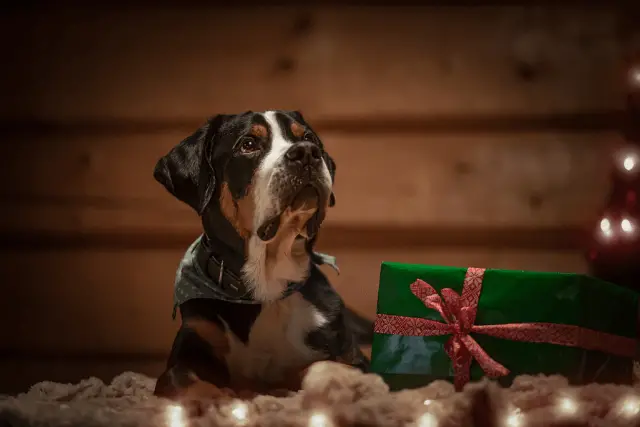
They will have a lot more energy than your average lap dog, but if you live an active life, you can have a great companion that will gladly follow you on all your adventures. These dogs can even learn to coexist with other pets, but they should never be left unsupervised with smaller pets because of their genetic prey drive. Although some dogs can get along with smaller animals, such as rabbits, if they are properly introduced from an early age
Health problems
The Greater Swiss Mountain Dog is generally considered a healthy breed, but they are prone to some health issues and concerns like any other dog breed. These dogs have an average lifespan of 8-11 years.
When getting any breed, the breeder must show you the health tests that they have done for their breeding dogs. Dogs must be adequately tested because taking a chance and hoping that the puppy’s parents are healthy is a risk no one should ever take. Only healthy dogs should be bred because that is the only way to ensure that bloodlines will remain healthy and without any problems.

Health problems associated with this breed are;
- Patellar luxation
- Hip dysplasia - Genetic problem affecting hips resulting from an improperly formed hip joint.
- Elbow Dysplasia - Usually, it affects large breeds and is caused by uneven growth of three bones making a dog’s elbow.
- Cataracts - Cloudy spots on the lens of the eye
- Gastric Torsion - Also known as bloat. A dangerous condition that causes the stomach to twist (torsion).
- Allergies - these dogs are prone to have allergic reactions to specific foods, products, or medications.
- Entropion - A defect causing the eyelid to roll inward
- Panosteitis
- distichiasis
Greater Swiss Mountain Dog breeders
If you are interested in getting one of these dogs, make sure that you buy one from a responsible and registered Greater Swiss Mountain Dog breeder. Getting such a big dog from a shady breeder could make your life difficult. They are quite large, and it is imperative that such large dogs have a great character you can count on.
Responsible breeders need to take care of not only a dog’s looks but also their mental state and character. Ask the breeder as many questions as possible about this breed, and they could help you make an informed decision about getting one of these dogs.

Buying a dog from a responsible breeder will cost you more money, but you can be sure you will get a healthy puppy. If you are unable to buy a dog, we advise you to search for local animal shelters because there is a chance you can find a Greater Swiss Mountain Dog dog in it.
When you bring your new puppy home, start with the training and socialization immediately. By doing so, you will end up with a well-behaved dog whom you can trust. Provide him with enough daily exercise for him to be happy If you devote your time and energy to this dog, you can be sure that you will end up with a companion for life.
SEARCH GREATER SWISS MOUNTAIN DOG BREEDERS
World Dog Finder team

Updated at31.08.2023.
Breed History
This is one of the oldest dog breeds from Switzerland. There is a theory that these dogs descended from large mastiff-type dogs. Greater Swiss Mountain Dogs served for herding and guarding. In 1900 the number of these dogs decreased because some other dogs were used for traditional farm jobs. Swiss Kennel Club lister Greater Swiss Mountain Dog in their sud book in 1909, and from that time, their popularity grow slowly but steadily.
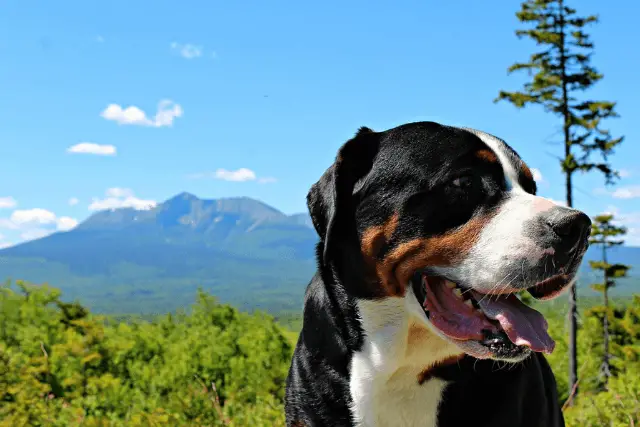
These dogs were recognized by the AKC in 1995.
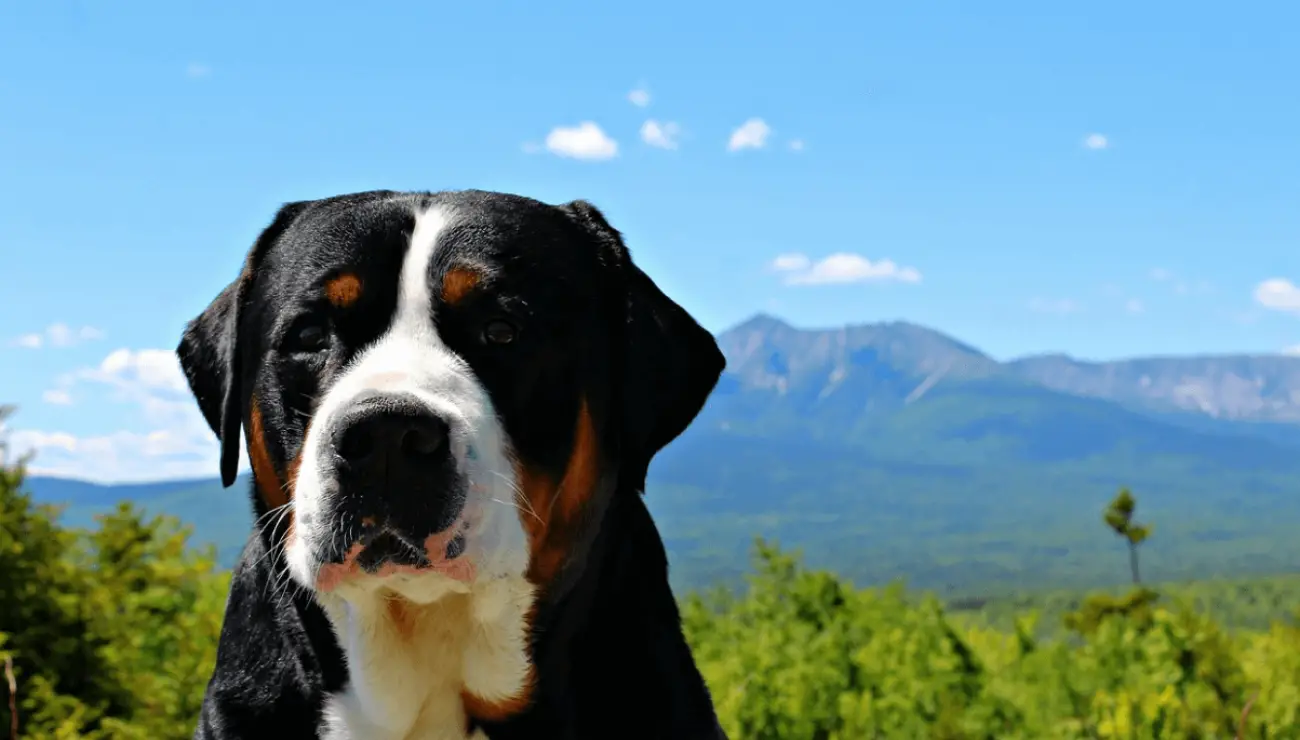
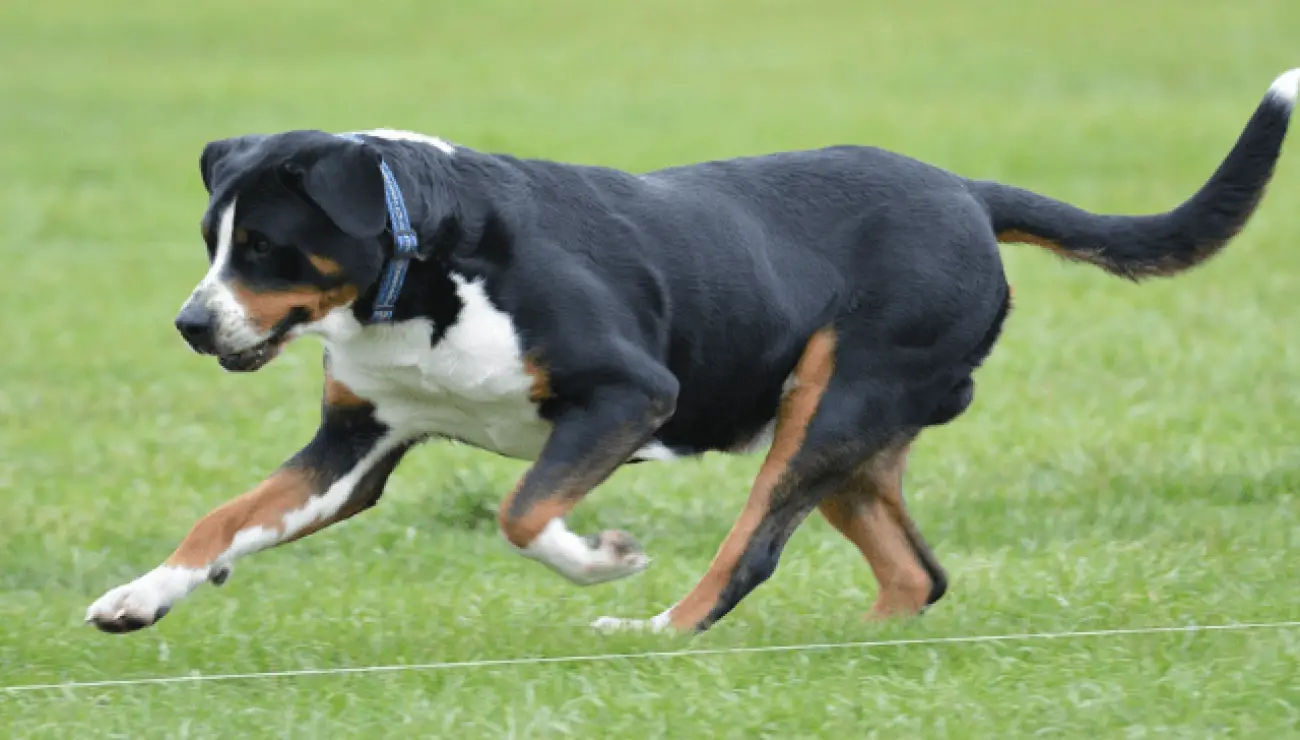
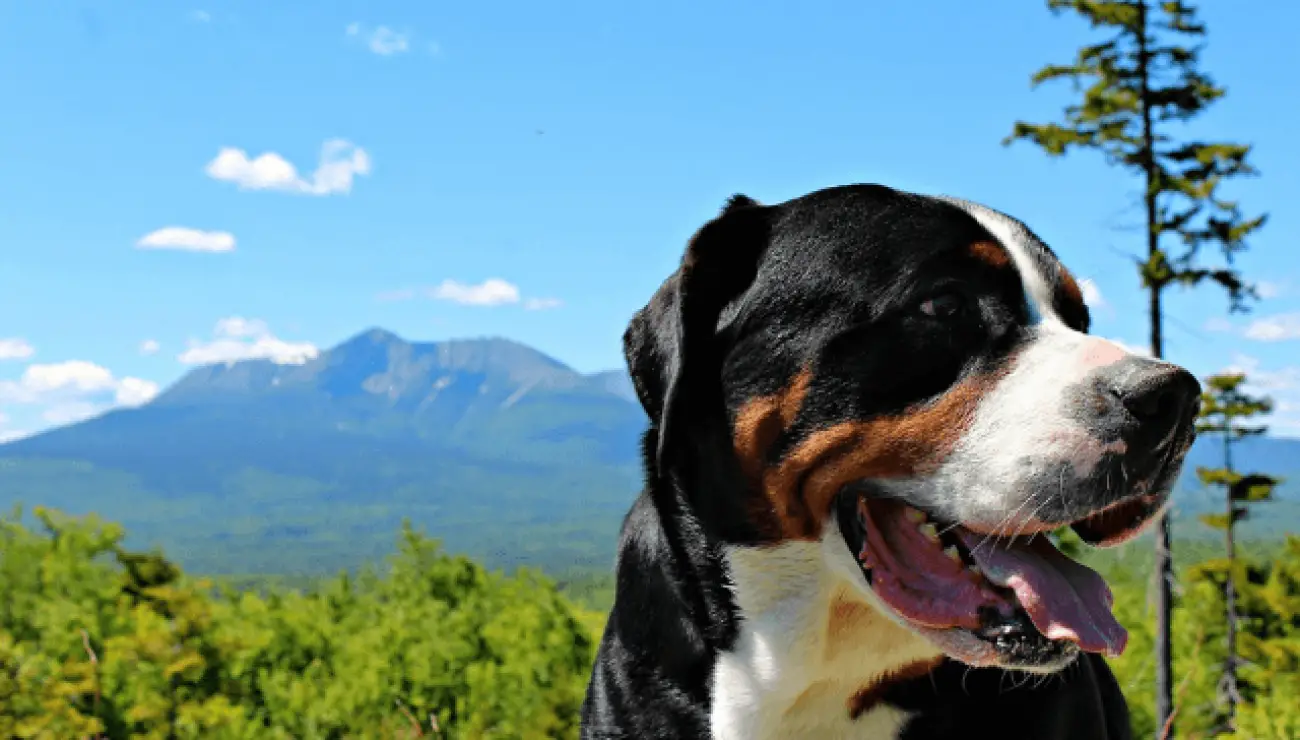
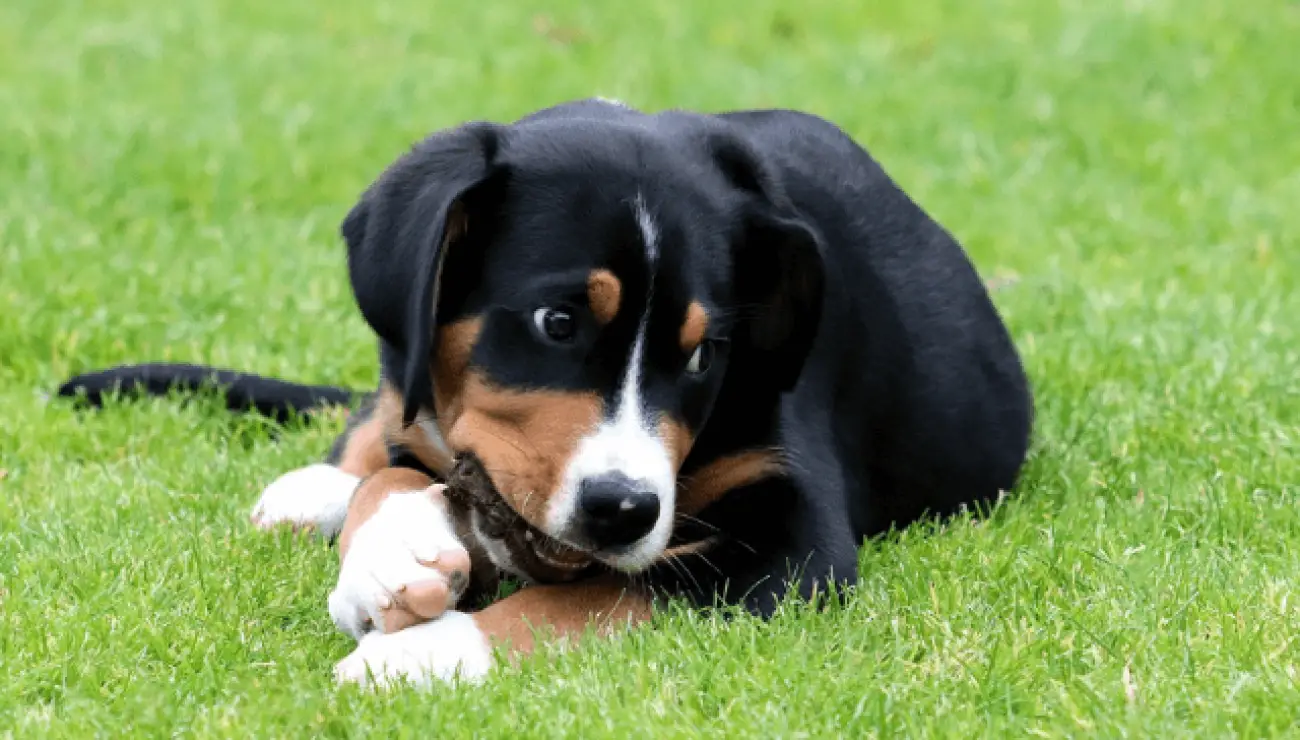
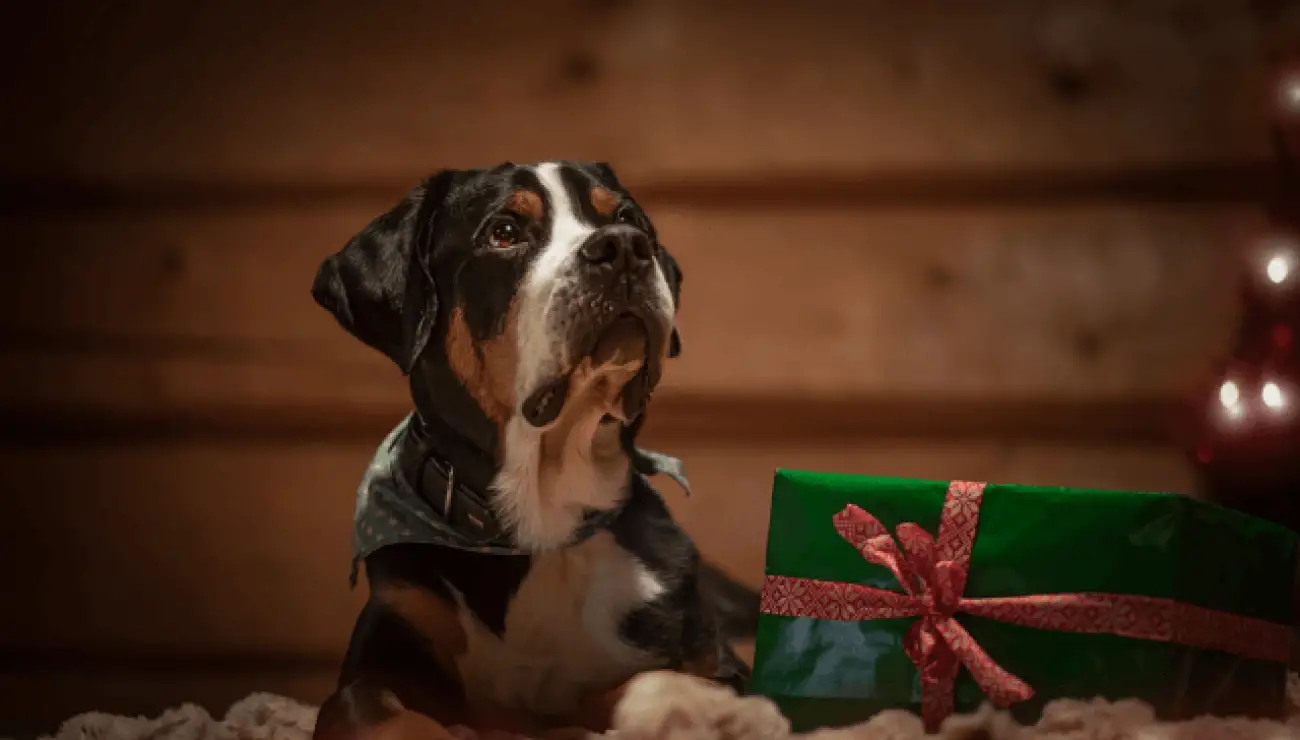
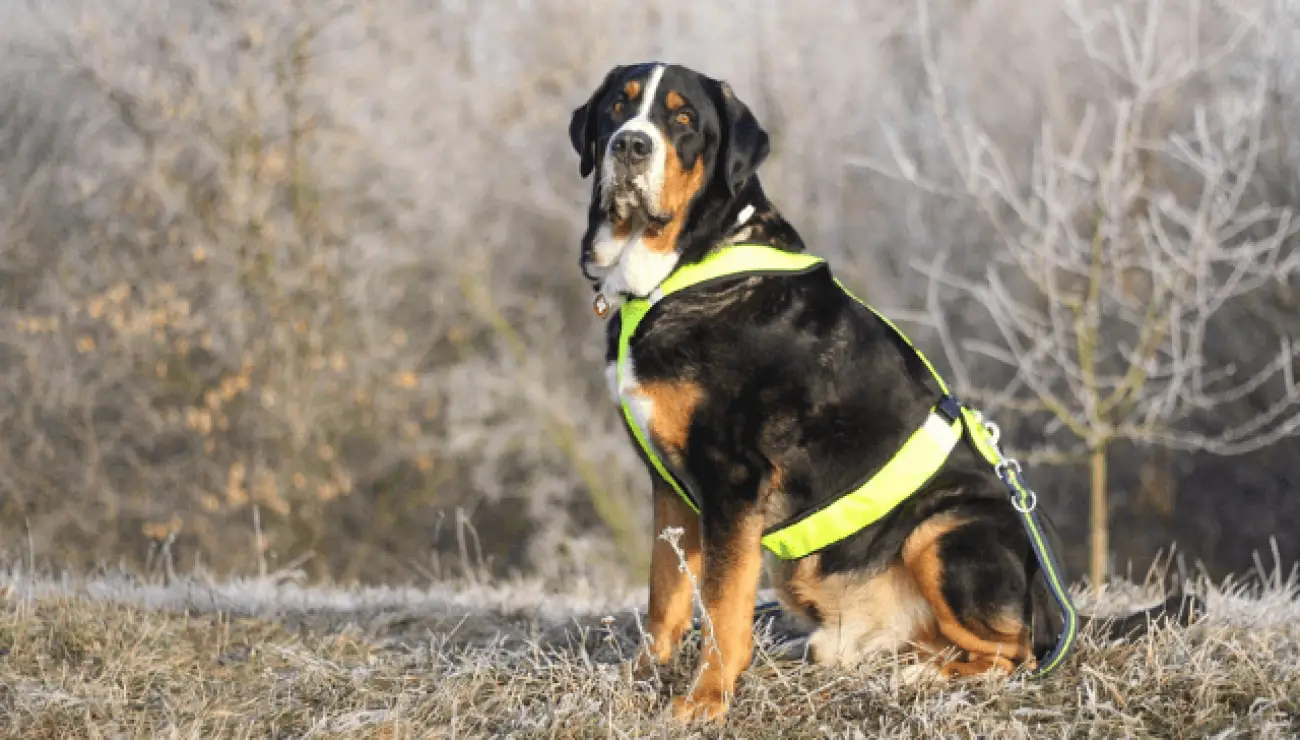
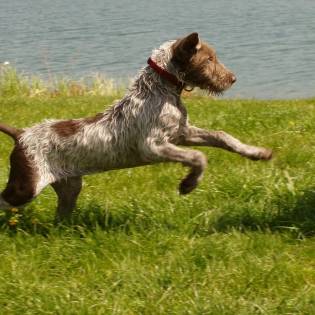
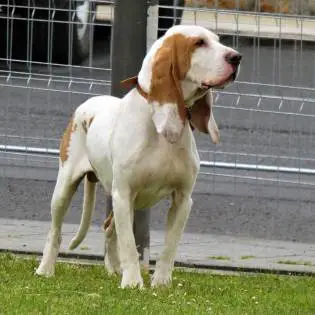
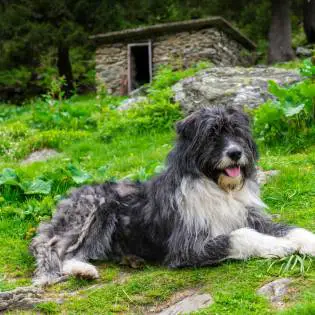
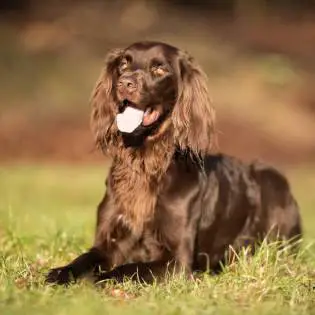
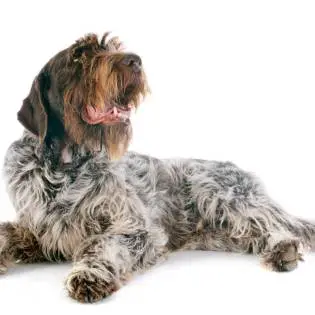
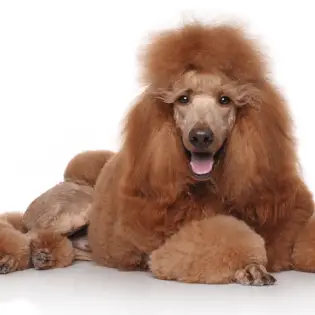
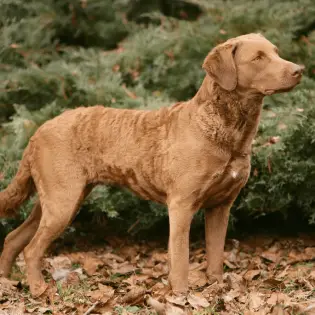
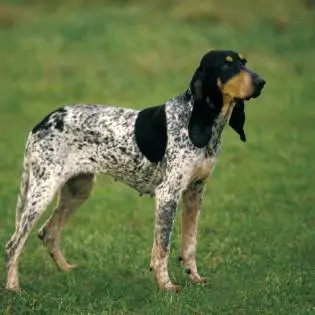
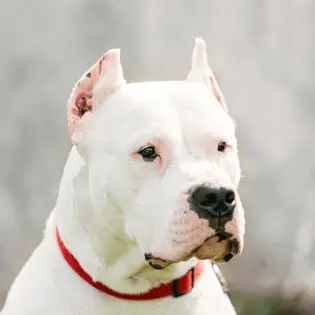


Share